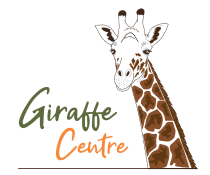For the past six months, AFEW Giraffe Centre has made some changes in the delivery of service to you our esteem visitors.
We would like to get your views on our service delivery.
Kindly please fill the survey form . we look forward for your views, comments and reviews
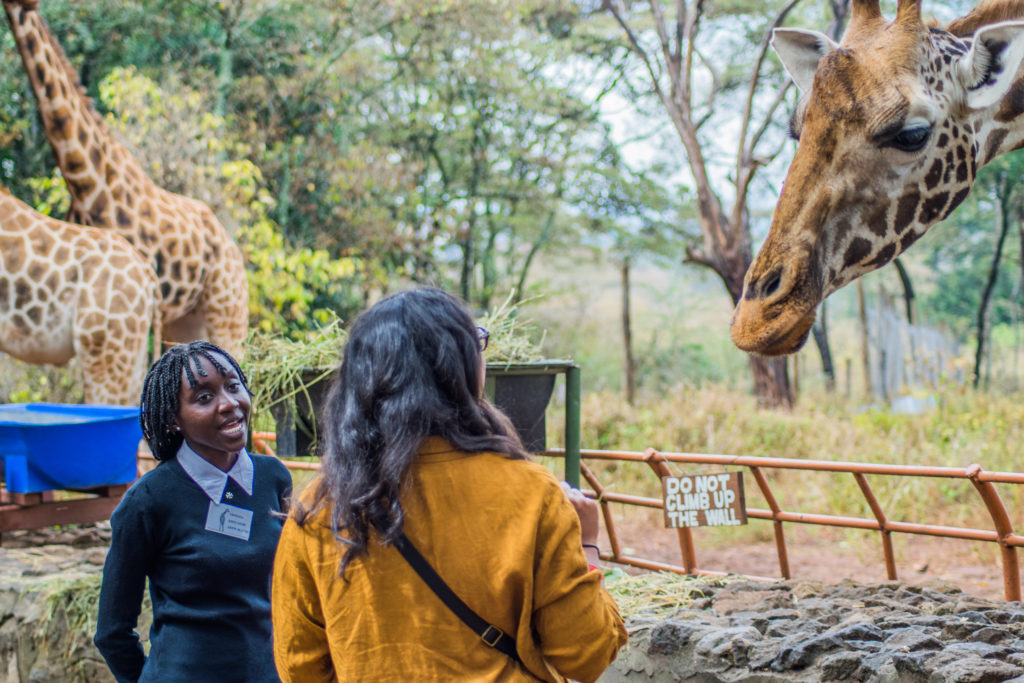
Your Opinion
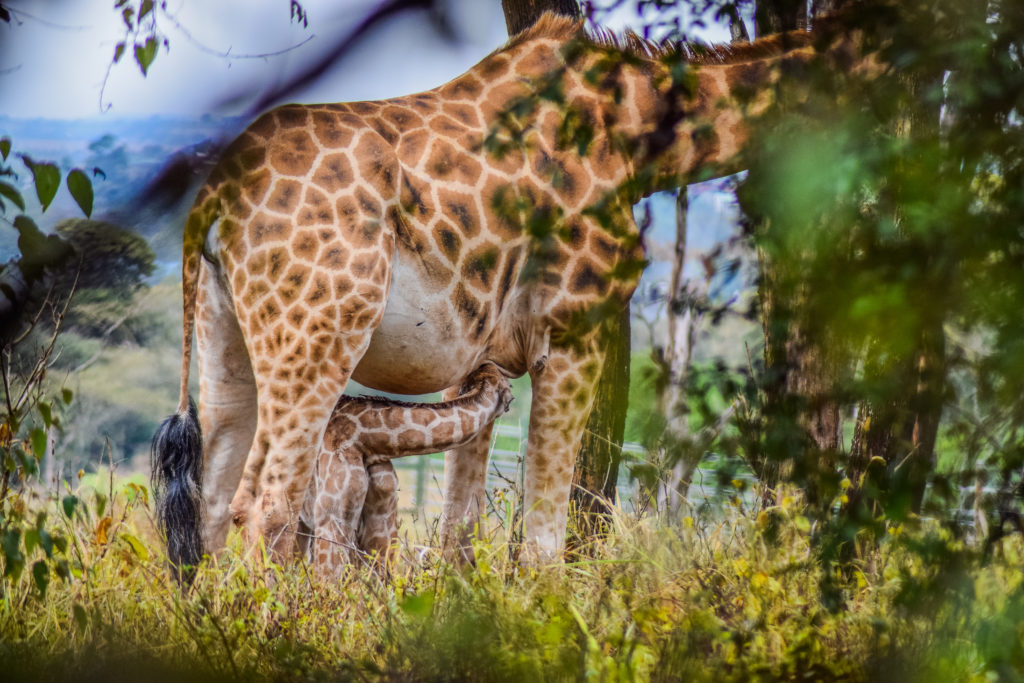
Kelly’s Fifth Born
Good day today it is. It’s not normal to witness a new born Giraffe Calf.
But this is no ordinary birth. Kelly is a legend already, this is her 5th born calf. Normally, giraffe’s gestation period is 15 months, but Kelly here did 17 months. That’s two whole months extra. Giraffes do this when they feel like the environment they are in is not conducive for giving birth. In this case, this would probably be because of the delayed rainy season.
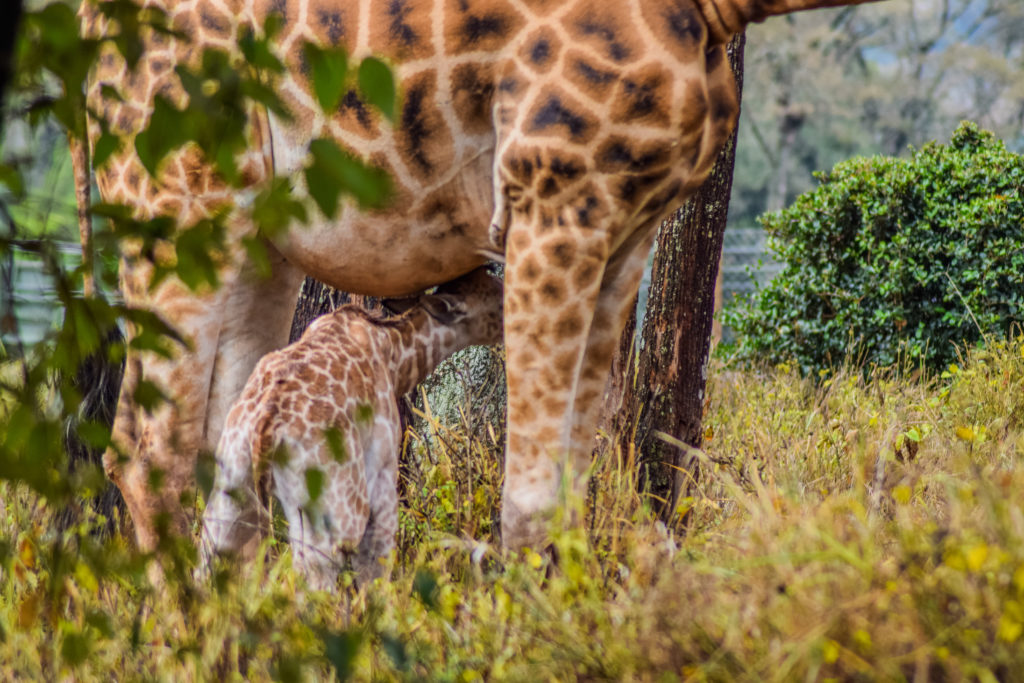
So giraffes too are thrilled for the rain. Congratulation to Kelly.
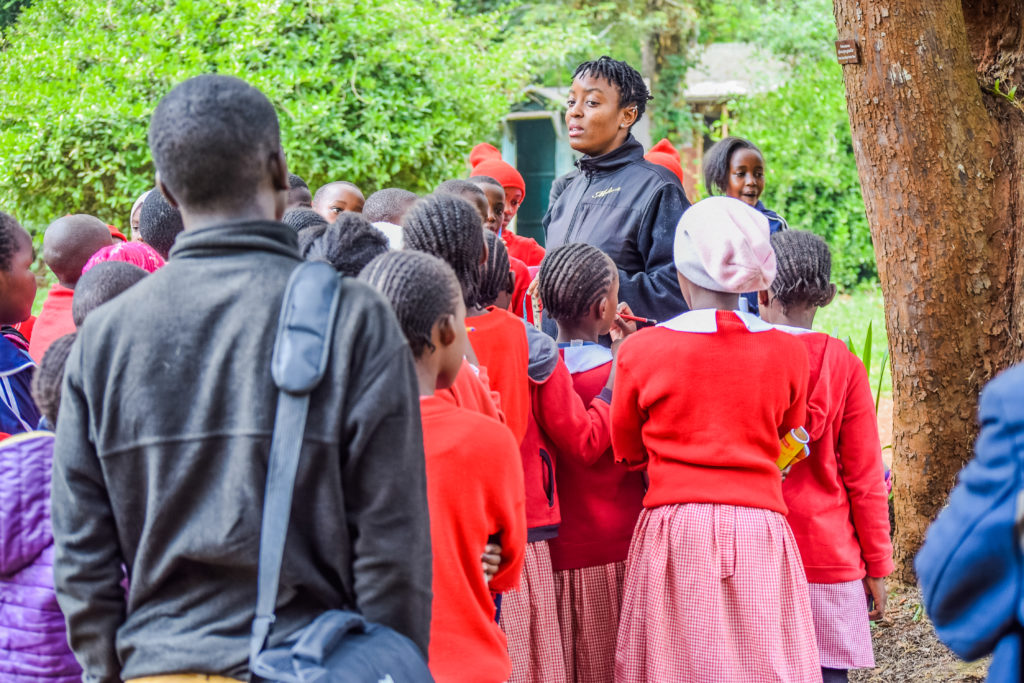
The WAVES Ecology Scheme
Wendell Berry, a recipient of The National Humanities Medal, once said, “The Earth is what we all have in Common.” A very simple, probably common sense knowledge, but very powerful. It’s a quote that spark our minds to realize ways that ensures posterity of the earth. This is where, Kerrigan Savage Waves Trust comes into play.
Kerrigan Savage Waves Trust (WAVES in short), decided to partner with Giraffe Centre in spreading the conservation message. They have concentrated their efforts to needy school going children. Since the year 2000, together with Giraffe Centre, we are running an ecology program. The target being all Class 5 children from 5 primary schools in the slums of Nairobi and form 1 students of Starehe School. We give them a fully paid ecology trip to wildlife Centres around Nairobi. Some the wildlife centres the students are taken to include, Giraffe Centre, the David Sheldrick Wildlife Trust, A ROCHA Kenya, Mamba Village and the Nairobi Safari walk. All these places give visitors valuable information about conservation of the environment.
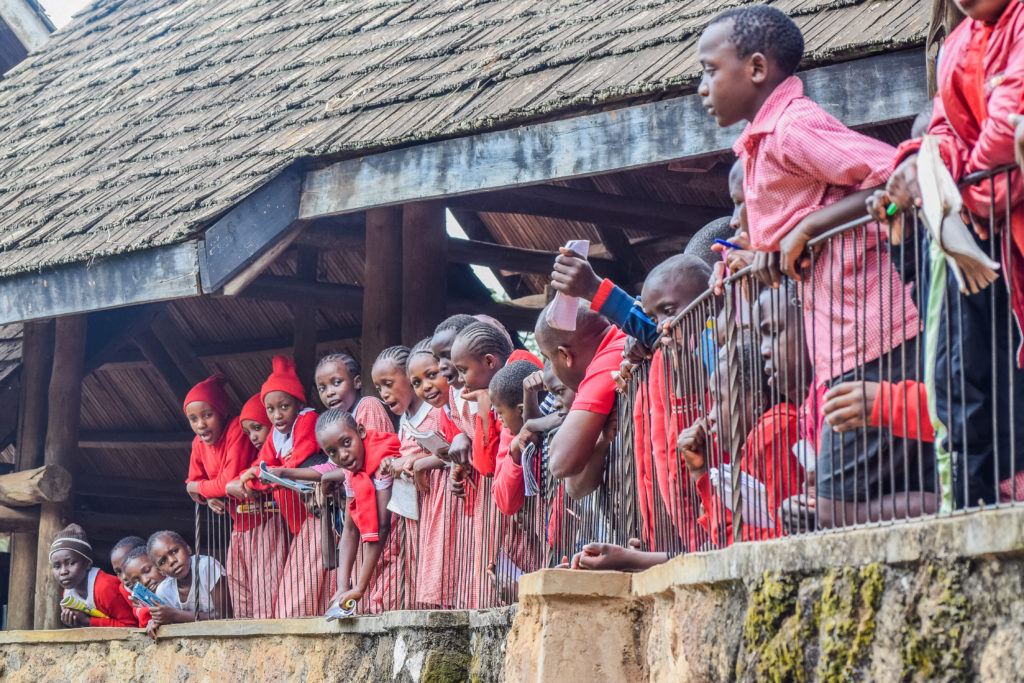
Other than educating the students, they also fund school projects that are environmentally inclined. The interesting requirement for the projects they fund is that the projects have to be owned by the school. Which means that the students are to be fully involved in the implementation, the school should see and use the output to better their daily activities and the community should embrace it.
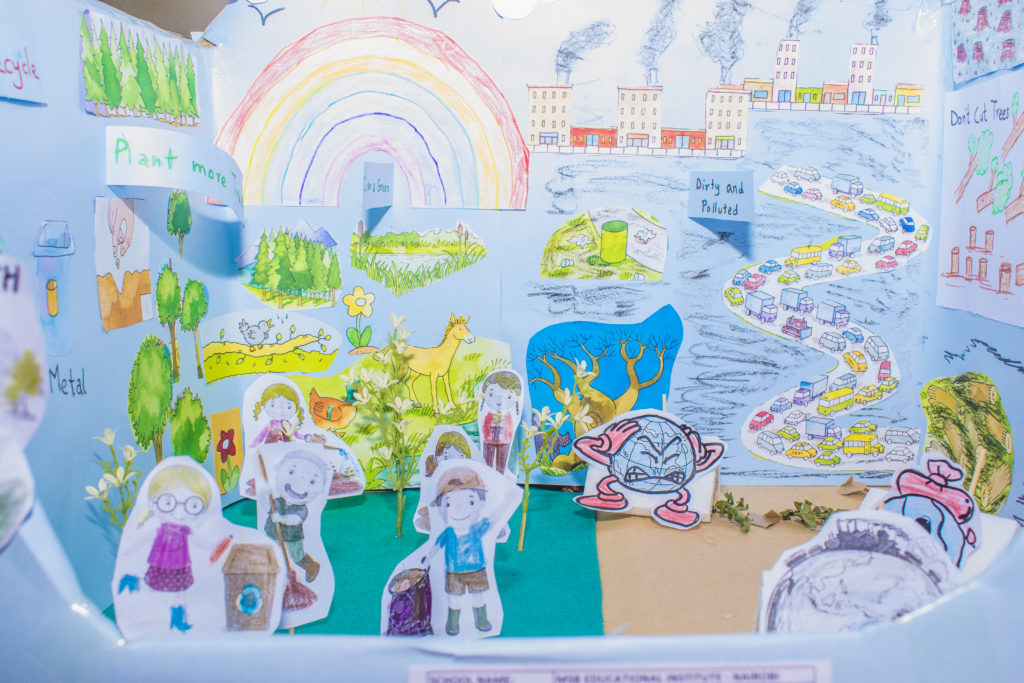
So in a very big way, WAVES, are doing all of us a big favor in making sure that this commonly shared resource is being used well. efficiently for now and preserved for posterity.
Thank you very much WAVES for all the support you are offering in environmental conservation and education.
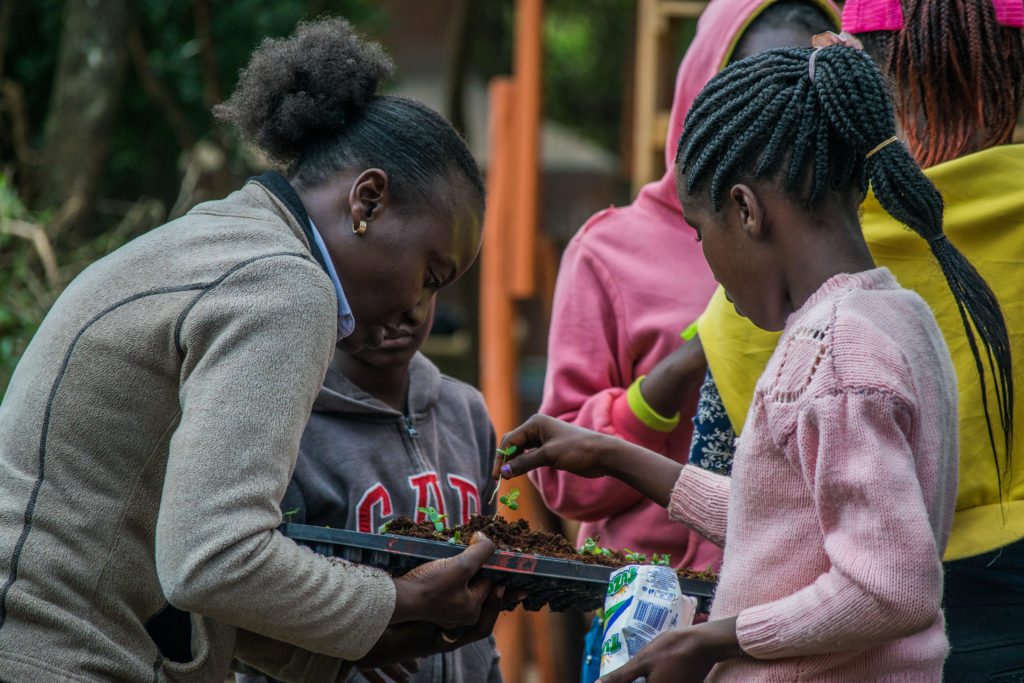
Tree planting
Somewhere in Kenya, there is a family with considerable acres of land. During the planting seasons, this family made it a habit to distribute some of their seeds to the neighbors for planting. Weird I know. When asked why, the head of that family answered that it is a strategy to make sure that his land produces quality produce during the time of harvest.
Here’s why….
Tree planting is not as easy as we tend to believe. Having a good tree nursery goes beyond just planting and watching them grow. It is a process that needs a lot of concentration and guidance from the experts of trees. Here in Kenya, the experts being KeFRI (Kenya Forest and Research Institute), are highly equipped with knowledge on how to have a healthy tree nursery and ways to make sure that the posterity of the trees are assured.
Did you know that for a tree nursery to be viewed as properly made, the owner need to have information the following:-
- Where the seeds were found.
- A good label of the scientific name of the tree seedlings.
Knowing where the seeds are have been found helps a lot in knowing the kind issues the batch might be having. This means, collecting seeds in the field and planting them does not qualify as a good seed bed. Why?
There are rules to be followed in the collection of the seeds to assure that:-
- You do not get the same family of seeds as this would lead to issues with how the plants grow. Think of it like incest, for a good seedling to be productive during transplant, you need different families in the bed so that during pollination, if any of the families in the seedling would, for example, had a stunted growth, during pollination, that problem can be well neutralized. To help solve that, when collecting seeds for yourself, have like 30 meters interval. Why 30 meters you ask? During pollination, the pollen can only travel up to 30 meters. Past that, it gets void and can not be used for pollinating another plant.
So, if we go back to our story, the family did that practice to ensure that in case there was cross pollination between their crops, they’ll still get a quality produce as they were sure of the seeds planted by their neighbors.
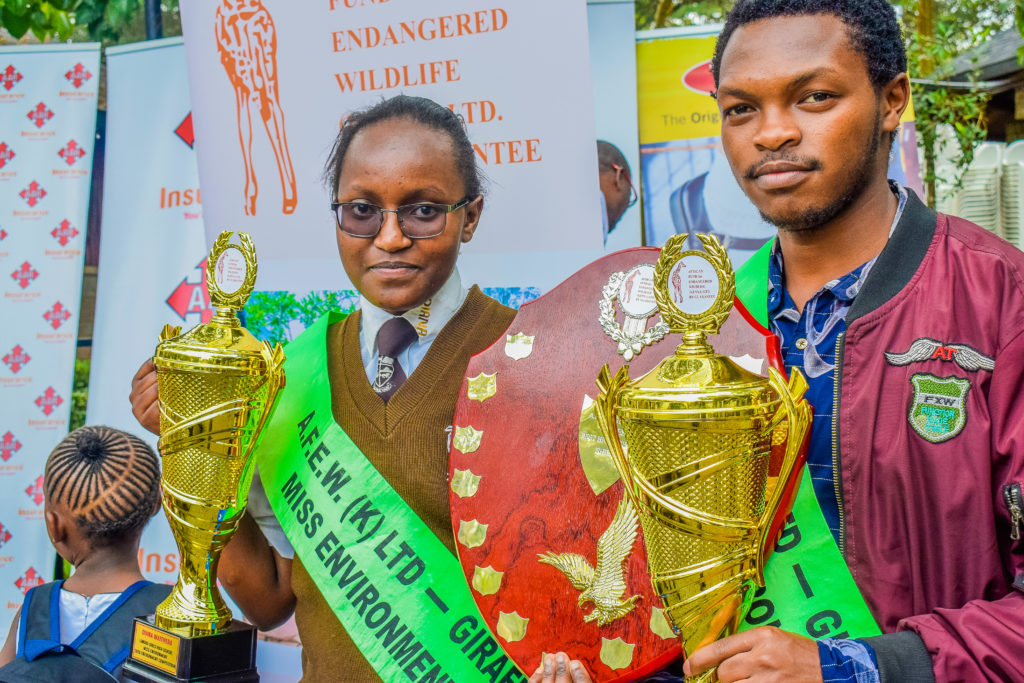
2019 AFEW Environmental Competition in partnership with Pritt
Happy 2019 to you all. We hope that the year started with good tidings for each and every one of us. As we all know, every year, from the 1st of January to the 31st of March we have our environmental competition.This year is no exception.
We are however so sorry for the lateness due to an unavoidable circumstance. Finally, the competition poster is ready.
to get to the poster, please click on the button below.
Good luck and happy new year full of success.
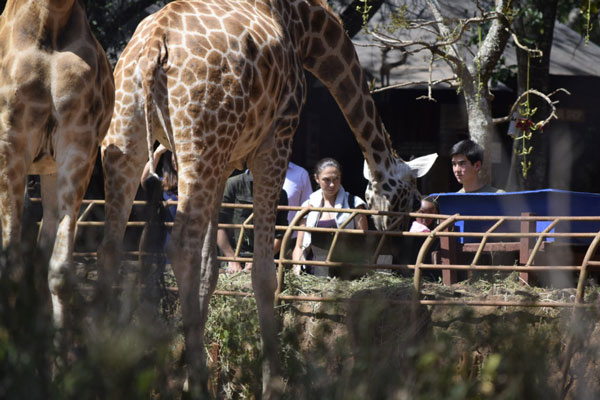
School Visits And Booking
Several times we have been asked what we do with the money you pay as entry to Giraffe Centre. Well, one of them is allowing school groups to visit the Giraffe Centre free of charge. While at the Giraffe Centre, they get to learn about the environment and its importance. To make sure the students grasp the concepts, we have the lessons customized depending on where the school is coming from.
To achieve this goal without interfering with the guests as they enjoy their day with us, we have come up with a procedure on how to bring the school groups to our premises.
To know the procedure, please click here to get the school booking letter
Kindly adhere to this to ensure that we serve you best.
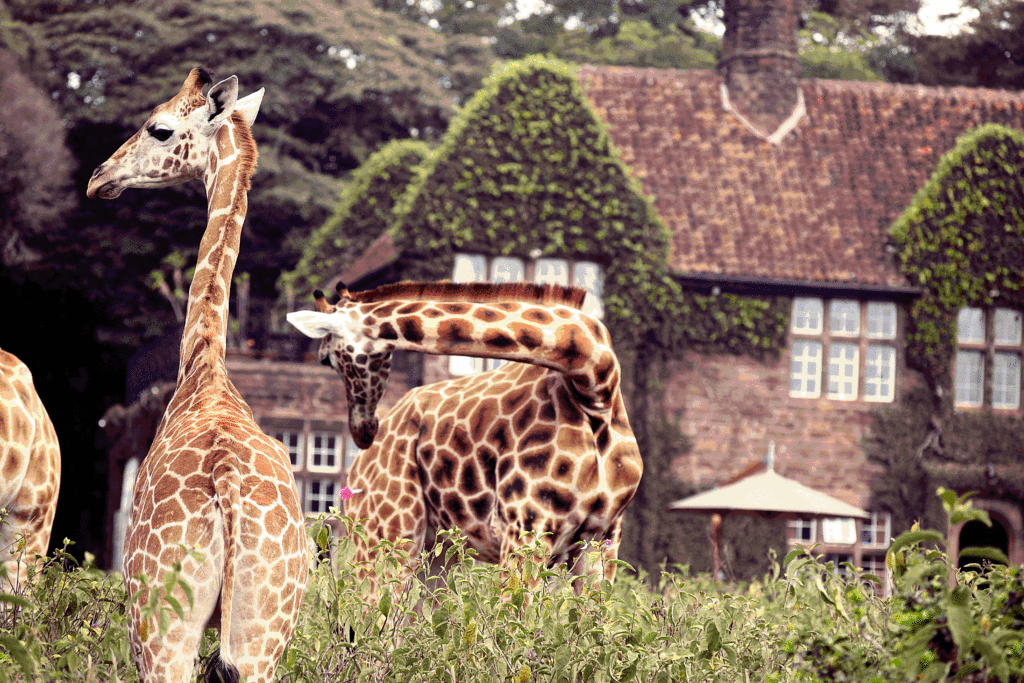
Betty the Hero
Every animal on the planet has its weak moments, even those that are considered the strongest of them all. In the Mara, down at the Mara river, during the primary school winners safari 2017, one of the students got to ask,” in the river, between the hippopotamus and the Crocodile, who is the stronger one?” I was very surprised when the security personnel cum tour guide said it was the Hippopotamus. With those razor sharp teeth, how come the crocodiles have it very hard to shred the tender skinned hippopotamus?! That was news to me that need investigation. By the way, did you know that the hippos kill more human beings than any other wild animal? those guys are very vicious yet calm if you mind your own business.
For giraffes, as tall as they are, they have points in their lives when they are completely defenseless. I know you know that one kick from an adult Giraffe can kill an adult Lion. The lion too knows this. That’s why they only attack the young ones only. The way of the jungle is not easy.
One of our giraffes had such a grueling experience with a lion. One of the lions from the park had escaped and came over to our premises. Now easy there, our rangers are good, they took care of her, our premise is always safe. On this fateful day, Salma, the giraffe had just been born, a month or so old. She was born to the oldest Mom around, Betty, 18 years old. The lion was able to find Salma in her hiding. It was war between the lion and Betty because, Salma was almost suffocating since the lioness had dug her teeth in her neck.
Since then, Salma is always aggressive. With her, you do not try the “Kiss” feeding. She might headbutt you. Till now, she has the marks on her neck to prove.
Important: The environmental competition is still on you should participate.
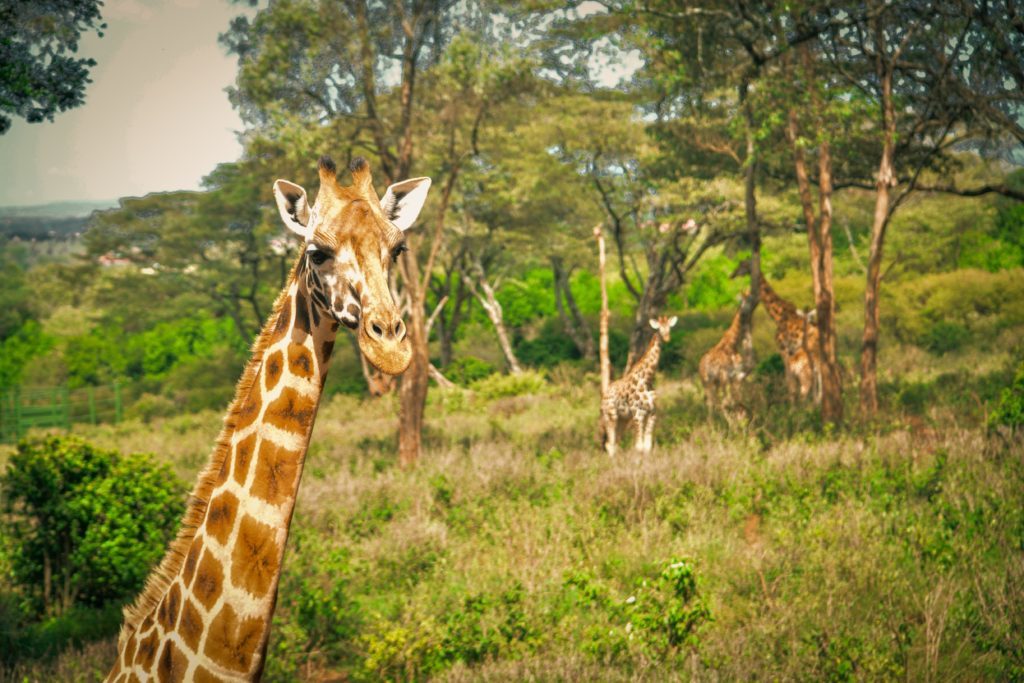
Why Giraffes Have White Ears
Have you ever wondered how the Giraffes communicate? I mean, they are tall and they make with no sound at least that can be heard with a human ear. One has to ask, how do they communicate when one senses danger.
One case, here at the Giraffe Centre, Kelly had given birth to Margaret. Now, that is awesome news, why? because the number of the Rothschild Giraffes and Giraffes in general has added another one.. So with such an amazing event, one gets the feeling of “I have to see the new born.” Whenever a Giraffe gives birth, she hides the new born from even us. This is because the young one is most vulnerable to predators. With Kelly, she hide her calf deep in our sanctuary unlike the others because she had some really bad experience before she came to Giraffe Centre (Story for another day).
So in our quest to find the young one, we did not know that we were very close to Margaret (The calf). Kelly was far away from her, she came running. You have no idea how the sight of an angry Giraffe is in itself “1000 ways to die”
To make up for their lack of audible voice, they have very sharp eyes that can see very far, approximately 5km away. With their height, they get a good aerial view of their vicinity. So, they don’t need voice to know that one of theirs is in trouble.
To communicate between themselves, they have white ears. remember the smoke signal times? Well, with their sharp eyes and white colored ears, they can make a whole “conversation” among themselves and be very comfortable.
Now you know why their ears are white.
Remember, our environmental competition is ongoing, please get your copy of the poster by clicking here
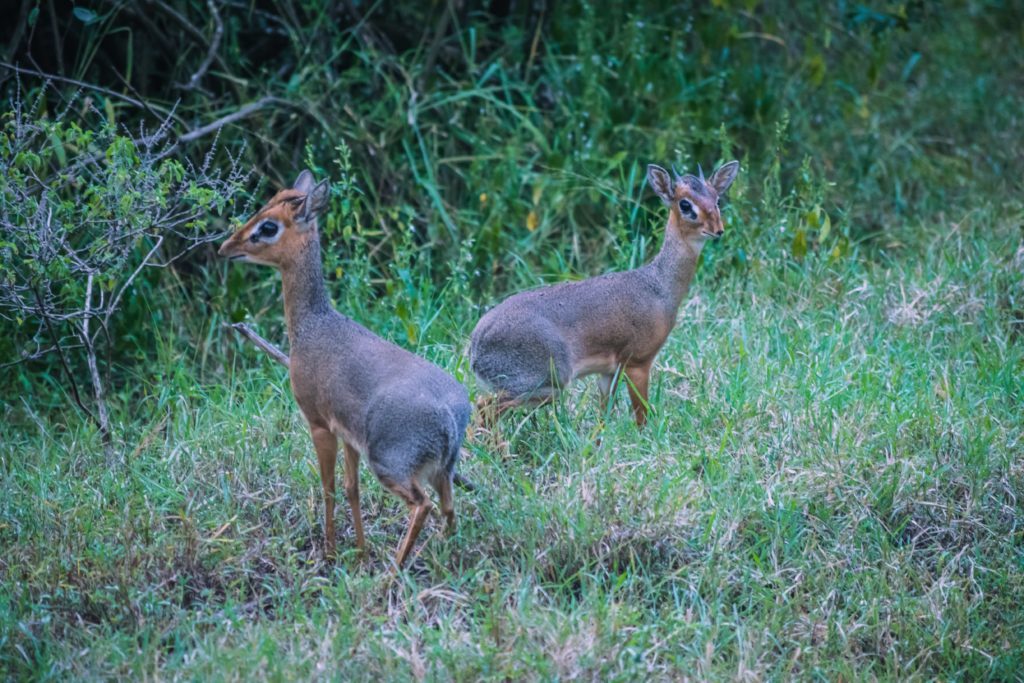
Fascinating Life Of The Dik-Diks
“Till death do us part”, is a promise that seem to be a tall order as years go by if statistics are anything to go by. The amount of sacrifice that is needed to keep the promise seems hard as life goes by.
 Not for the Dik-Diks though. These small antelopes, not the smallest though, have a very simple yet interesting way of life and interaction with their family.
Not for the Dik-Diks though. These small antelopes, not the smallest though, have a very simple yet interesting way of life and interaction with their family.
Normally, antelope family walk in large groups. Majorly for protection, even though the female to male ratio is a little big. The stronger the male, the more the females. The way of the wild is more of conquest between males. Most animals in the have to mark their territory in some way, before that, they have to fight for that territory. For the Dik-diks, however, the way of the wild is love as opposed to conquest, encouragement over battle and explore over war.
Their gestation period is 169-174 days which is roughly 6 months. Mark you, an adult Dik-dik is the height of 16 inches at most with the weight of 15 pounds at most. Which makes them probably smaller than a dog. No, don’t take them for pets though, they are a rare breed. Much respect to them
Remember, the way of Dik-diks is encouragement over battle? Most wild animals chase away their young ones once they become adults as they are seen as competition for territory. Even here at Giraffe Center, Eddie is already having trouble with Jock (VI) (Betty’s Male Calf) and Olerai (Kelly’s Male Calf) yet they are not yet Adults. For Dik-diks, once they are adults, which is 7 months after birth, the Male Dik-Dik “sends away” the “Adult” Dik-dik out of their territory to go start a new home.
Dik-diks stay as couples. They stay together till death do part them. The male dik-dik send away the male young one as also the female dik dik sends away the female young one.
As to the remaining pair, they stay together, have other young ones. If by bad luck, one of them dies due to any circumstance, the remaining one becomes suicidal. The remaining one can even surrender to a predator due to loneliness. Crazy I know.
They use their tears and to mark their territory. Urine and feces work too.
For some reason, some people use their skin to make gloves, hence their biggest threat are humans.
Well, what if we just leave them alone, they would be walking around Lake Nakuru National park giving us great examples of being in love. But no, we had to make gloves out of them, shame on us. Did you know that one Dik-dik can only make one pair of gloves. Think about it.
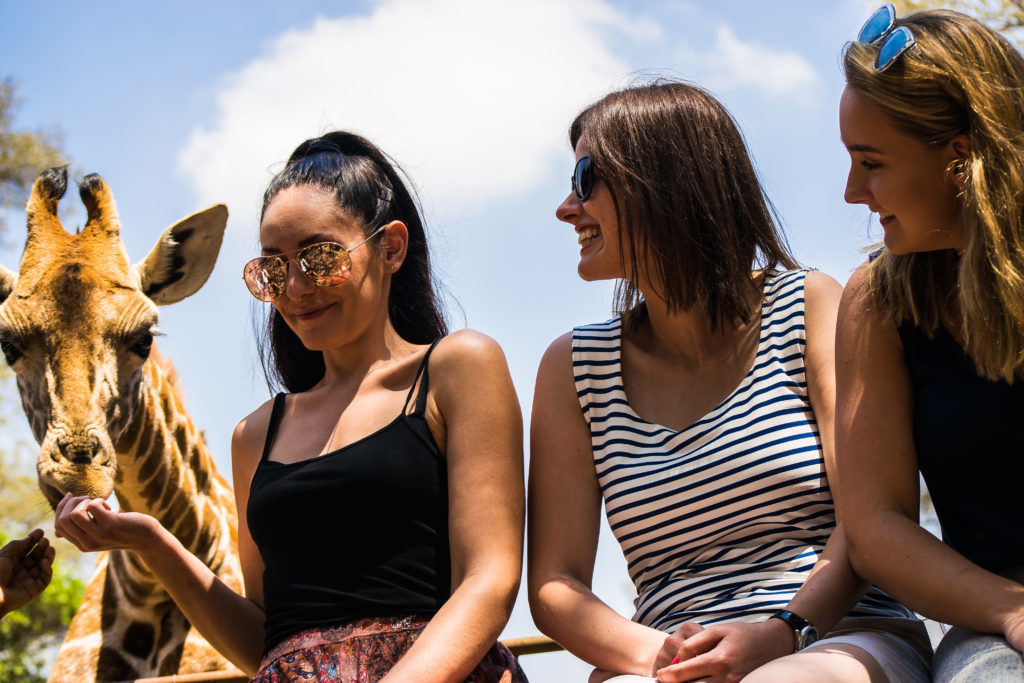
Giraffe Naming
Over the last year, (Financial year) We have been blessed to have 4 wonderful calves born to Stacy, Kelly, Betty and Daisy.
We thank all of you for the immense support and love you have shown the Giraffe Centre by:
- Visiting
- Donations
- Ideas
- Reviews
Among others.
This time round, we are asking you to help us in getting three of our calves names.
- Betty calf already has a name, Jock VI. He is names after our founder and one who envisioned what we have right now.
- For, Stacy, Daisy and Kelly’s calves, we do not have names for them.
We are asking you to help us get names for this lovely young ones, a bundle of joy to wildlife.
For a name to be considered, it has to have the following criteria
- It has to be a name of a plant or a Flower
- The plant or flower has to be existing in any part of East Africa. I.e. Kenya,Tanzania, Uganda, Burundi, Rwanda
- The name should be sent in any of the giraffe centre social media account’s inboxes. I.e. Facebook message, Twitter direct message (DM) or Instagraminbox.
- The name can be in any language you would like.
We are so grateful for those who already have sent to us their suggestions.
We look forward to hear from you.
This is giraffe Stacy’s calf. She is kind of shy to face the camera, especially if the guest doesn’t have food with.
This is giraffe Kelly’s calf. He is enthused to have the speed to run a 100 yard dash when he was one week old.
